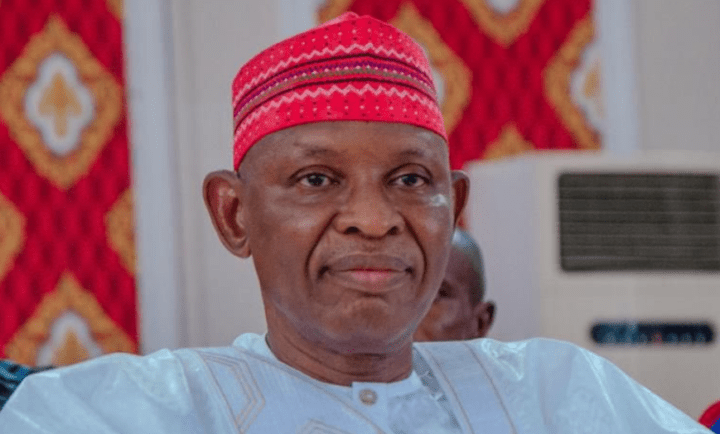A review of Kano State’s budget performance documents reveals that the state spent N60 billion on public debt charges between April and June 2024. This expenditure occurred in the second quarter, despite the fact that only N4.6 billion was allocated for debt servicing for the entire year of 2024.
The N60 billion in payments was divided into N1.6 billion for “Domestic Interest/Discount” and N58 billion for “Domestic Principal.”
During the same period, expenditures on public infrastructure were significantly lower, with only N628 million spent on constructing and providing public schools and N7.1 billion on road construction, both of which were considerably less than the debt servicing costs.
The debt servicing expenses also exceeded the state’s internally generated revenue for the first six months of the year, which totaled N14 billion. The N60 billion spent on debt servicing was also four times greater than the capital expenditure for the Ministry of Works and Housing, which was N18.6 billion, and more than the N4.2 billion allocated to water resources.
The total capital expenditure for the economic sector was N36.8 billion, still less than the N60 billion spent on debt servicing. Additionally, the debt servicing amount surpassed the N42 billion spent on salaries (personnel costs) and the total N42 billion allocated for capital expenditure during the same period.
This heavy expenditure on debt servicing has impacted the state’s ability to invest in critical infrastructure such as water supply, an area where Kano has long faced challenges.
Experts suggest that states need to diversify their revenue sources and reduce reliance on loans to prevent high debt servicing costs, which often lead to decreased revenue for essential services.

